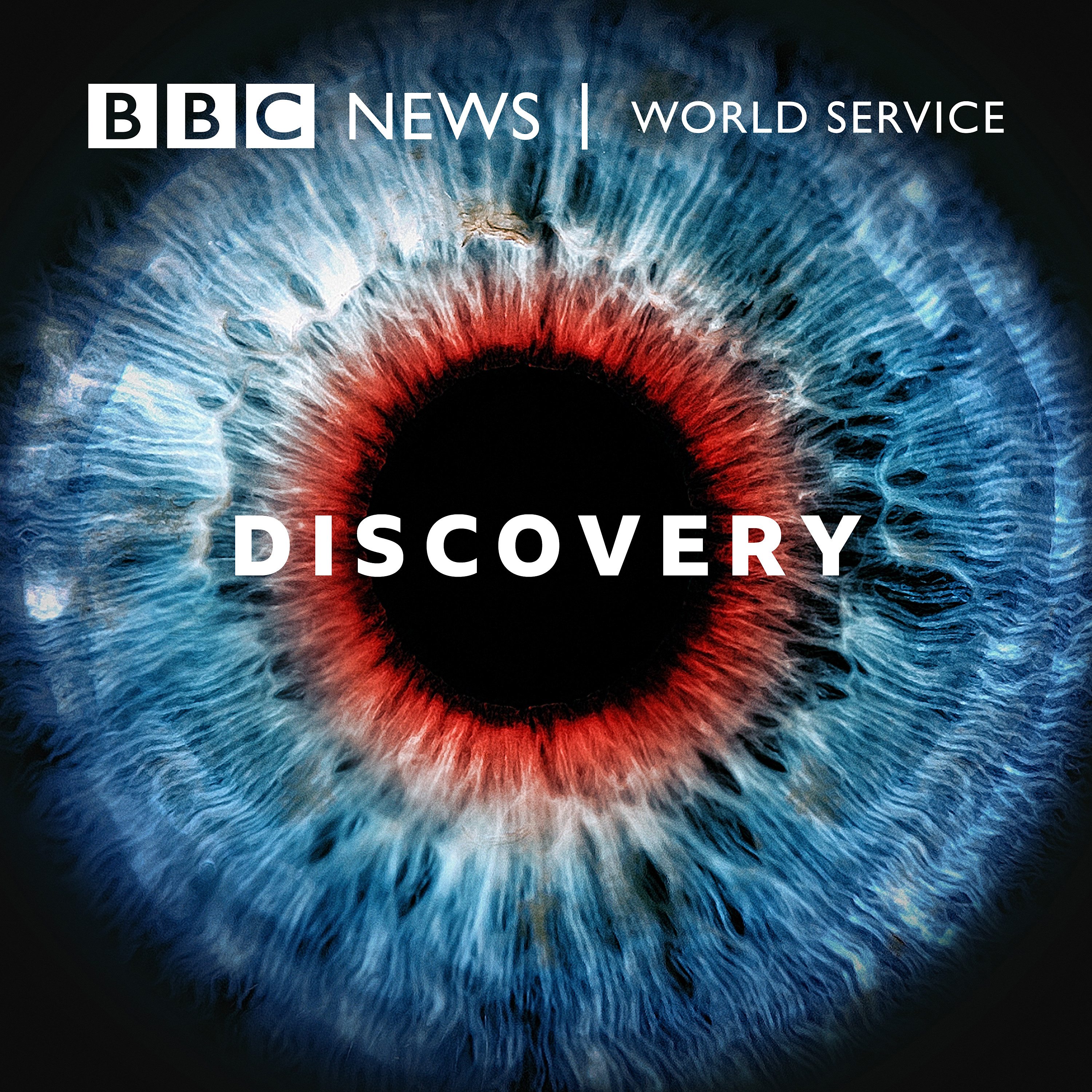
Discovery
Nov 6, 2023
Astronomer Paul Murdin believes a good imagination is vital for scientists, since they're so often dealing with subjects outside the visible realm.
Indeed, over a long and successful career his imagination has taken him on a journey through space, discovering various new and unusual celestial occurrences - notably the first successful identification of a black hole, Cygnus X-1.
Paul tells Jim Al-Khalili how he spent much of his career at the Royal Greenwich Observatory, working with astronomers around the world on some of the most advanced telescopes ever built. He headed up the Astronomy section of the UK’s Particle Physics and Astronomy Research Council, was Director of Science for the British National Space Centre and even has an asteroid named after him.
This list of achievements is testament to the fact that Paul has never let his disability hold him back; a leg brace and walking sticks have been part of his life since contracting polio in childhood. But he maintains that as long as you have curiosity and a vibrant imagination, nothing should stand in your way.
(Photo: Paul Murdin in 1971 next to the Isaac Newton Telescope at the time of the discovery with that telescope of Cygnus X-1. Credit: Paul Murdin)

